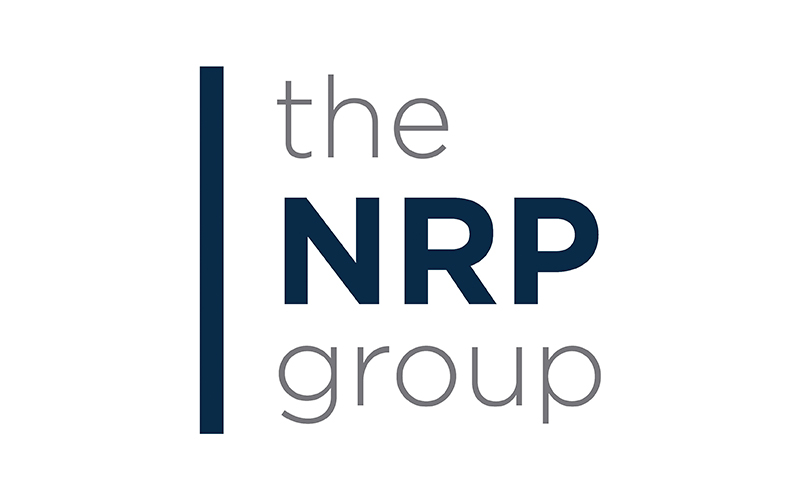The NRP Group Uncovers and Eliminates Costly Leaks Across Portfolio
THE CUSTOMER AND THE CHALLENGE
The NRP Group is one of the nation’s top multi-family real estate developers, with properties spanning 13 states in both luxury and affordable apartments. Bryan Glosik, their Director of Energy & Water, turned the company’s attention towards several water-related challenges they were experiencing like rapidly climbing water rates, high sewer costs, and pollution from runoff.

THE SOLUTION
Glosik began to lead several initiatives to improve water use efficiency at NRP, beginning with plumbing work – replacing outdated toilets with efficient, low-flow ones. He recognized that irrigation was another area where the company could improve water savings, so NRP chose HydroPoint’s WeatherTRAK smart irrigation controllers for their properties.
After seeing an increase in their water use efficiency with smart irrigation, NRP implemented HydroPoint’s WaterCompass water use analytics and leak detection service for greater visibility of their water use. “It’s a low-price product that can give you a ton of insight,” says Glosik. “If you want to understand your water data, and get high quality insight, WaterCompass is a great option. It’s simple — and that’s what makes it so effective.”
NRP benchmarked the water usage across their portfolio, and rolled out WaterCompass on sites that were high water users and frequently experienced leaks. WaterCompass helped them discover issues – like 900 GPH of abnormal water usage at a senior apartment home in Texas – that would have otherwise gone under the radar and contributed to high water bills.
“The investment has paid for itself,” says Glosik. “For the price point that I think you get with WaterCompass, it’s a no brainer. Worst case scenario, it’s a very low-cost insurance policy to help you.”
To hear more about Bryan Glosik and The NRP Group’s experience using WaterCompass and the benefits they gained, watch the webinar. Learn more about WaterCompass and how it gives companies the visibility of their water usage they need to conserve water, cut costs, and protect their properties.

